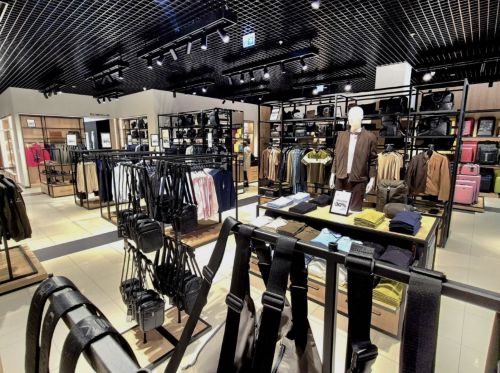Samoobrona and LPR want to ban Sunday and holiday trading and block retail investments in small towns and cities. Despite the real danger of this, associations of shopping centre owners and commercial networks are not making much of an attempt to protect their interests. Populists from LPR (the League of Polish Families) and Samoobrona (the Self-Defence party) are still attempting to win over the electorate and to do this, at the end of last year, they revived plans to introduce a ban on trading on Sundays and holidays. The first town affected by the restrictions was Radom. However, the idea was short-lived and turned out to be a complete failure. In addition to the mooted ban on trading on selected days (put forward by LPR), Samoobrona also proposed restrictions for companies planning to open large shopping malls. Adding piquancy to this is the fact that the authors of the proposal are represented by Waldemar Nowakowski, the founder and owner of the Lewiatan chain, which mainly has a




























































